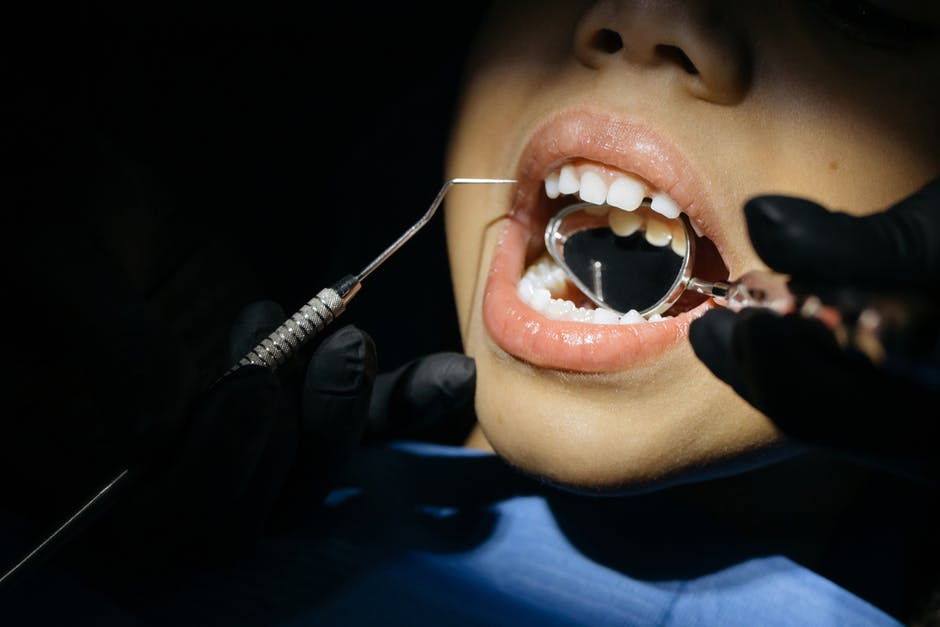Fluoride is an important water additive that can help keep your oral health in optimal shape. Sometimes the myth flies around that fluoride is bad for your teeth. But the truth is that using fluoride regularly is essential to prevent tooth decay.
So is fluoride good for your oral health? The answer is yes. Far more so than regular water alone will be.
Here’s a quick guide on how fluoride can improve your dental health and some of its risks.
Contents
What is Fluoride?
Fluoride is a natural mineral in soil, water, and certain foods. It is widely recognized for preventing tooth decay and promoting oral health. Fluoride strengthens tooth enamel, the protective outer layer of the teeth, making them more resistant to acid attacks from bacteria and sugars.
Benefits of Fluoride for Oral Health
Fluoride has been widely recognized for its numerous benefits in promoting oral hygiene. Here are some of the critical advantages of fluoride:
Prevention of Tooth Decay
The primary benefit of fluoride is its ability to prevent tooth decay. Regular exposure to fluoride, whether through toothpaste, mouth rinses, or drinking fluoridated water, can significantly reduce the risk of cavities in children and adults.
Remineralization of Teeth
Fluoride helps in remineralization, which is the repair of damaged tooth enamel. It can reverse early-stage tooth decay by replacing lost minerals and making the teeth more robust and resistant to future acid attacks.
Protection for Sensitivity
Fluoride can help alleviate tooth sensitivity by forming a protective barrier over exposed dentin, the sensitive layer beneath the enamel. It can reduce discomfort and allow individuals to enjoy hot or cold foods and beverages without pain.
Fluoride Concerns and Risks
While fluoride offers significant benefits for oral health, it is essential to be aware of potential concerns and risks associated with its use. Here are some of the main problems related to fluoride:
Dental Fluorosis
One of the main concerns associated with fluoride is dental fluorosis. This condition occurs when individuals are exposed to excessive amounts of fluoride during tooth development, usually in childhood.
It can result in white spots, streaks, or brown discoloration on the teeth. Severe fluorosis is rare and usually occurs due to ingesting excessive fluoride from multiple sources.
Skeletal Fluorosis
Skeletal fluorosis is a condition that occurs when fluoride builds up in the bones over time. It is typically associated with long-term exposure to high fluoride levels, often through drinking water. However, this condition is rare in areas with optimally fluoridated water supplies.
Allergic Reactions
Some individuals may be allergic or hypersensitive to fluoride. Symptoms of an allergic reaction may include skin rashes, hives, itching, or difficulty breathing. If you experience any of these symptoms after using fluoride products, it is important to discontinue use and visit a local dentist’s office for consultation.
Learn More About Fluoride
Fluoride is an effective and affordable way to keep your teeth and gums healthy. The vitamins and minerals in fluoride-containing products can help strengthen enamel, reduce acidity, and reduce the risk of cavities.
Using fluoride-containing mouthwash and toothpaste is recommended, as visiting a dentist’s office ensures you consume the right foods. Try it out and see for yourself if fluoride improves your oral health!
We have plenty of informative articles available to you throughout our site. Check them out!

